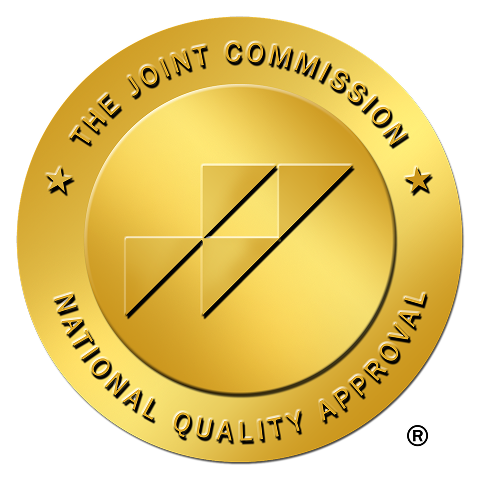Bipolar Disorder Treatment at Overstory Health
Bipolar disorder causes extreme mood swings, including depression and mania or hypomania. Affecting approximately 1 in 22 adults at some time in their lives, it significantly impacts relationships, work, and daily life.






Bipolar Disorder I
Manic episodes lasting at least 7 days, often with depressive episodes.
Bipolar Disorder II
Recurring depressive episodes and hypomanic episodes, without full manic episodes.
Comprehensive Care Tailored to Your Needs
Our programs, known as Intensive Outpatient (IOP) and Partial Hospitalization (PHP) Programs, offer an intermediate level of care best suited for those in need of greater support than standard weekly therapy but without requiring a hospital stay. We provide:


Our Approach to Intensive Therapy
Overstory offers expert-reviewed, flexible, and compassionate mental health care tailored to individual needs, with personalized goals and whole-person support.


The Overstory clinical model has been reviewed by a multi-disciplinary team of clinician experts at McLean Hospital.

We offer both in-person and virtual treatment for those in our care, giving you the flexibility to choose what's right for you and your schedule.

Each one of our clients is consulted about individual needs outside of chronic mental health challenges to ensure whole-person care.

We work with you to set treatment goals and monitor your progress, but we recognize that "success" isn't one-size-fits-all. We’re here to define success together.
Frequently Asked Questions
Bipolar disorder is primarily caused by a combination of genetic factors, as it tends to run in families, and biological factors, such as imbalances in brain chemicals that regulate mood. Environmental stressors, traumatic events, and major life changes can also trigger or worsen episodes of mania or depression in those predisposed to the disorder.
Bipolar disorder affects approximately 1 in 150, or about 40 million, people worldwide.
Through evidence-based individual therapy, facilitated group therapy, medication management, and a non-judgemental environment, Overstory’s programs treat bipolar disorder.
An Intensive Outpatient Program (IOP) can help treat bipolar disorders by providing structured treatment with multiple weekly sessions, focusing on individual therapy, group support, and skills development. It offers a more intensive level of care than regular outpatient therapy but allows participants to live at home and continue with daily activities.
A Partial Hospitalization Program (PHP) helps with bipolar disorders by providing intensive therapy and support, including individual and group sessions, to address symptoms, improve coping skills, and promote stabilization. It offers a structured environment during the day while allowing individuals to return home in the evenings, promoting recovery without the need for 24/7 inpatient care.
Everyday challenges are temporary stressors or difficulties that can cause frustration or sadness but typically resolve over time, whereas bipolar disorder involves persistent, intense emotional disturbances like prolonged sadness or extreme mood swings that significantly interfere with daily functioning and last for weeks or longer.
Duration in Overstory’s programming will depend on the individual but is expected to last two to six weeks.

